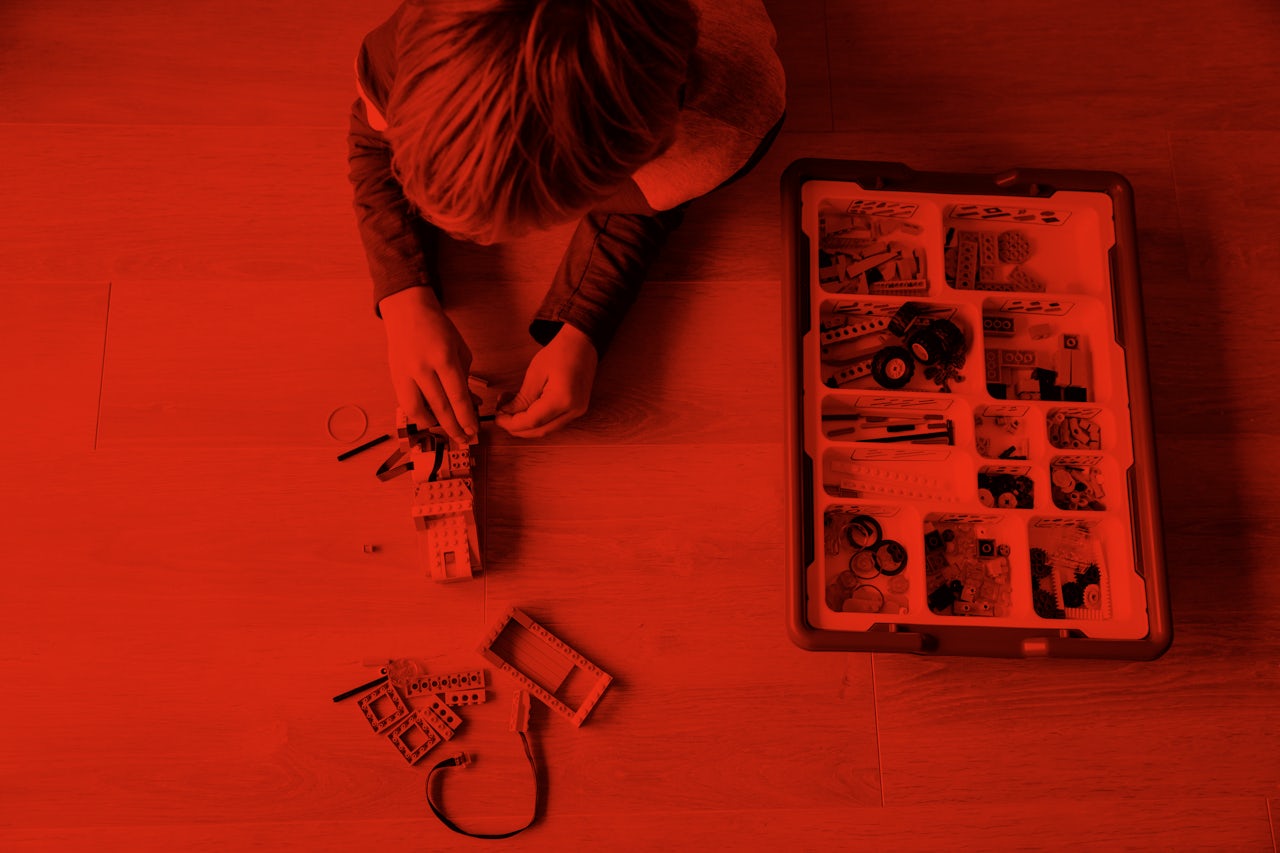In a study out Wednesday in Science Robotics, researchers wanted to see whether artificially intelligent robots might peer pressure people into complying with the views of an erroneous majority. Adults were able to maintain their opinions, but children were not so tough minded. In the company of the robots, the children, aged between seven and nine, tended to mimic the robots’ answers.
“We've known for a long time that it is hard to resist taking over views and opinions of people around us,” Tony Belpaeme, a professor of robotics at Plymouth University and one of the study’s authors, said in a statement. And while adults might be able to resist those opinions when they come from a non-human, for children, it is not so simple.
“Children can perhaps have more of an affinity with robots than adults,” Belpaeme said. “Which does pose the question: what if robots were to suggest, for example, what products to buy or what to think?”
In a test known as the Asch Paradigm, first developed in the 1950s, a card shows four lines: two are the same length, and two are different. Usually, when asked to select the two matching lines, people perform well on this test. But in the company of others who disagree with them, they flail — often picking lines that do not match one another. (In these experiments, only a quarter of the subjects were able to remain independent, choosing the correct answer despite the views of others.)
With artificial intelligence being used increasingly in the home, workplace and school for both entertainment and therapeutic purposes, the researchers wanted to understand how this kind of peer pressure might translate — especially given evidence that humans sometimes interact with and treat robots like other human beings. They hoped the study would spur further discussion of whether protective measures and regulations should be in place.
